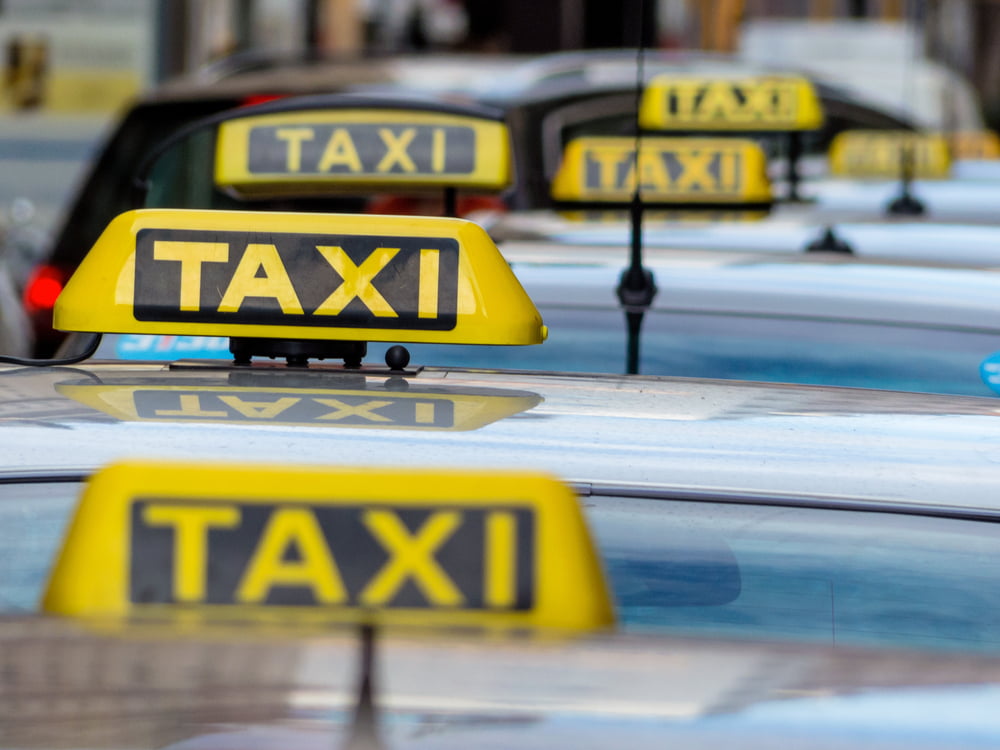In recent days, there have been more and more questions about how the government wants to accommodate certain sectors. Perhaps a question will be added soon when it comes to illicit state aid enters the taxi sector.
How do you explain to the profession that the self-employed person with his taxi in The Hague or Utrecht does not receive state aid while his taxi is forced to stop, and the transport company in the far north, which provides school transport, may be reimbursed for all lost income from the client. which in most cases is a municipality or government agency.
The main problem in the taxi sector is that a distinction has now been made between contract transport and the boarding market as regards state aid. In the past, this distinction was never made for the registration of the vehicles, the introduction of the mandatory on-board computer and enforcement of the driving and rest periods legislation, etc. And yet, in practice, there are large differences that now become more public during the implementation of government support measures.
(permissible) state aid
The cabinet has decided to take exceptional economic measures due to the corona virus. Everything that the cabinet has worked out must be submitted urgently to the European Commission for assessment of (permitted) state aid.
EU Member States may grant companies in need up to EUR 800.000 in direct subsidies or tax benefits due to the corona crisis, without Brussels considering this as state aid. The temporary framework of EU rules will apply until the end of December, the European Commission has decided.
EU countries can also subsidize loans to companies with impunity and they can grant state guarantees on bank loans to companies. The measures should ensure that companies maintain sufficient liquidity to meet their payment obligations.
Also read: No D66 agreement yet to include SBI code taxi sector


